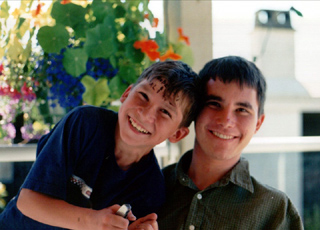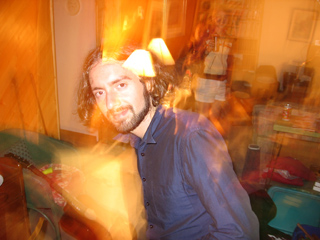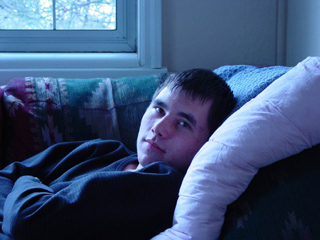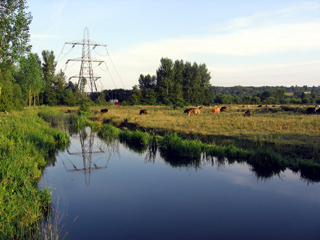From a nice hostel in Galway, let me write for a moment about film before I head off to find some dinner. People in Canadian cities that include a Lens & Shutter location (just Vancouver and Victoria, I think) should feel rather lucky, as they stock my two favourite films at excellent prices. While Kodak High Definition 400 is simply unavailable in the British Isles, their black and white T-Max 100 and 400 films are only available here for about ten Euros a roll, plus the unusually high cost of processing an ‘unusual’ emulsion.
If you’ve never given much thought to the kind of film you use or where you get it processed, you might find it worthwhile to spend less than $10 on a roll of one of the films mentioned above. For that price, at Lens & Shutter, you also get processing and either a CD of scanned images or a set of 4×6″ prints. All my photos from Europe in 2004 were shot on one or the other kind of film, and I am clearly fond enough of them that I have been hunting for somewhere that stocks them since I arrived here. I had my mother bring a batch of each for the Malta trip (though many of those photos were taken on my point and shoot digital camera).
Perhaps next year I should join some kind of photo club in Oxford and start doing my own developing and printing. The danger, of course, is darkroom hypnosis; once, when I was in tenth grade, I found myself leaving the Handsworth darkroom after 2:00am, not realizing at all how much time had passed since I wandered in after a quick dinner of Coke and Gobstoppers.
I suspect I will do better than that in Galway tonight.





